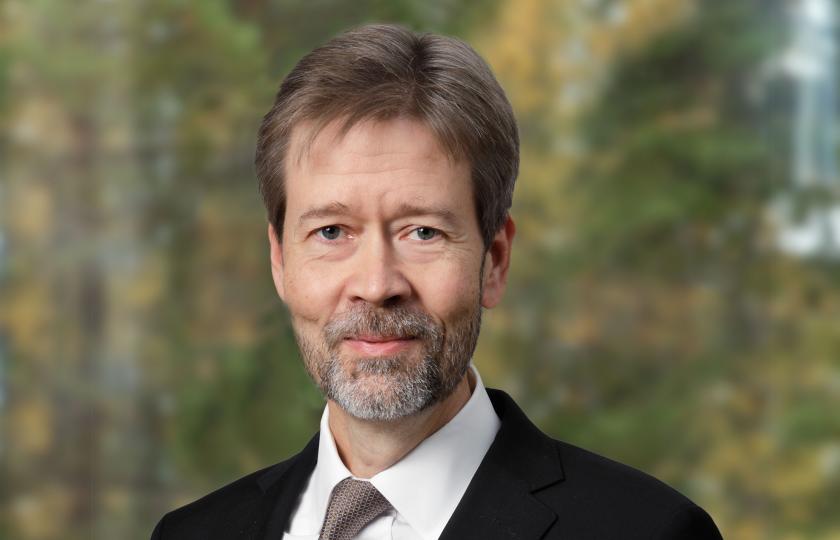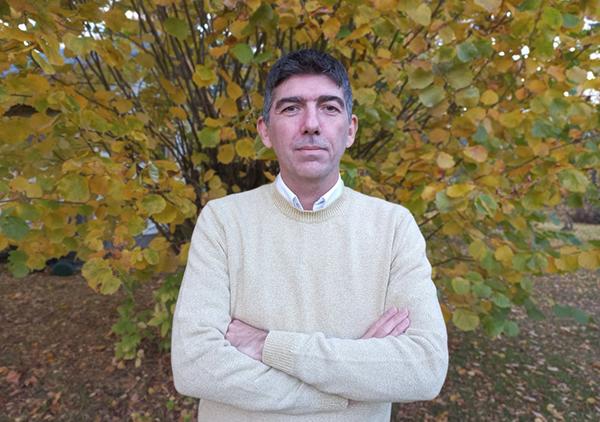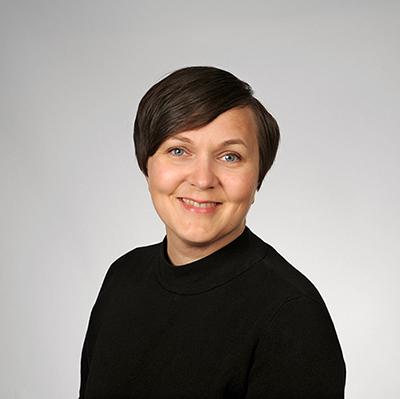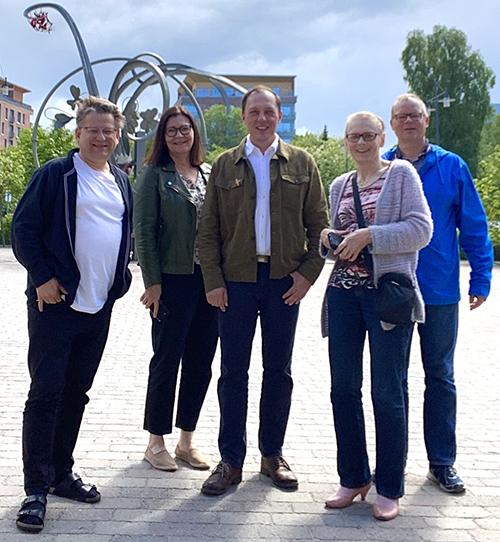
Argumenta Grants fund projects that seek answers to multidisciplinary questions of major importance to society. The funded projects are topical in nature and aim far into the future. They seek to achieve extensive debate on issues of academic and social import.
The aim of Argumenta projects is to bring together researchers from various disciplines and to make the outcomes of the resulting debates available to a public broader than the scientific community. The idea is to open doors for influencing decision-making in society. This year, each of the chosen projects received EUR 150,000 in funding. They will be conducted between 2023 and 2025.
Nuri Emrah Aydinonat (PhD) and team: Role of economics in society in an era of global crises
According to Associate Professor Nuri Emrah Aydinonat, PhD (Helsinki university, TINT – Centre for Philosophy of Social Science) and his team, economics and economic policy are currently facing novel challenges, which make it necessary to reconsider their contents, procedures and communication strategies. There is growing pressure due to extensive ongoing crises, such as the pandemic, war, climate change and the extinction wave, as well as to challenges in society such as inequality, an ageing population and the impact of artificial intelligence. The validity and social status of economics depend on how well the field can adjust to the challenges of a changing world.
Aydinonat and his team organise cross-disciplinary events, such as panel discussions and lectures, pertaining to the aforementioned challenges among others, as well as their consequences. The topics are discussed from the perspectives of decision-making, methodology, institutions and sustainability. An overarching question is how comprehensively must economics and economic policy reinvent themselves, and how, if they are to respond to current crises and future challenges in society and maintain their position of authority.
Jenni Kulmala (PhD, Gerontology and Public Health) and team: Conditions for a good life for persons with dementia
With the ageing of the population in Finland, the number of persons with dementia is expected to rise, even to triple, in the next three decades. Instead of today’s around 200,000 persons with dementia, the number is likely to exceed half a million in Finland by 2050.
“Worsening dementia affects not only the patient but also, significantly, the people close to them. Therefore the various forms of dementia are predicted to affect the majority of the population in one way or another. In coming years, ours will no longer be a welfare society if the wellbeing of persons with dementia and their family and friends is not brought more clearly into focus,” explains Jenni Kulmala, Tenure Track Professor of Gerontology at the University of Tampere, who is leading the project.
This Argumenta Project will raise broad, multidisciplinary social debates on dementia and its related themes. The project relates to fulfilling a series of multidisciplinary futures workshops, which will feature extensive cross-scientific debates. They are expected to generate new, more comprehensive understanding that can be used to make the society more dementia-friendly and to innovatively and sustainably prepare for a future in which most of us are, in one way or another, affected by progressive dementia in our daily lives.
Anna Mustonen (MSc, Social Science) and team: Margins of the Sustainability Revolution
The effects of global environmental crises and geopolitical turmoil reach the microlevel of individuals’ and communities’ daily lives in diverse ways. Similarly, the impact of national and regional policies, related for instance to welfare or regional development, are visible in various ways at the local level, and individuals react to them each from their own life contexts.
Ongoing trends in society include not only the rising voice of the political extreme right and conservative factions, but also movements against environmental and sustainability sciences, questioning of the fight against climate change and biodiversity loss, and the positioning of ecological sustainability as a stark antithesis to economic sustainability.
“This kind of hostile juxtaposition leads to extremist views. We want to build cross-disciplinary links between the social, cultural and ecological dimensions of sustainability in the places where conditions for conducting a controlled sustainability revolution are unfavourable but the need for such a revolution is great,” explains the project’s leader, doctoral researcher Anna Mustonen, MSc.
The project will give a voice to scientists and lay people alike, as the events will take the form of workshops that gather together people of various ages and from diverse backgrounds, who have been left in the margins (inhabitants of remote areas, as well as marginalised, vulnerable, polarised or sidelined people). They will take part in facilitated workshops, bringing their own perspectives to the table and explaining their positions in the sustainability revolution.
Professor Seppo Vainio and team: Healthy Environment, Healthy Humans
“Nature is the foundation of humanity. Our current efficiency is, however, endangering the existence of both nature and humanity. Is our anthropocentric culture, with its technical advances, at the end of the road or at the beginning of something new?” asks Professor Seppo Vainio, who together with his team is striving to build a multidisciplinary and integrated overall picture of the relationship between nature and humans.
The Healthy Environment, Healthy Humans project is striving for a comprehensive view of the interwoven mesh created by environmental health, use of natural resources and digitalisation. The project will discuss, among other things, how human immunity against diseases is created and how it evolves, and how our relationship with nature influences the appearance of new pandemics.
The second part of the project considers the role of regions in the sustainability revolution, and their effects on wellbeing. How does the shift in our relationship with nature influence the kinds of societies in which we want to live? The third part relates to the digital revolution in our connections with nature. Has our urbanised, IT-enabled interaction distanced us from our natural roots? What about the new opportunities brought by digital solutions? Will our leap across the digital gap also help us to overcome other chasms and to restore our connections with nature, with each other, with ourselves and our experiences?




